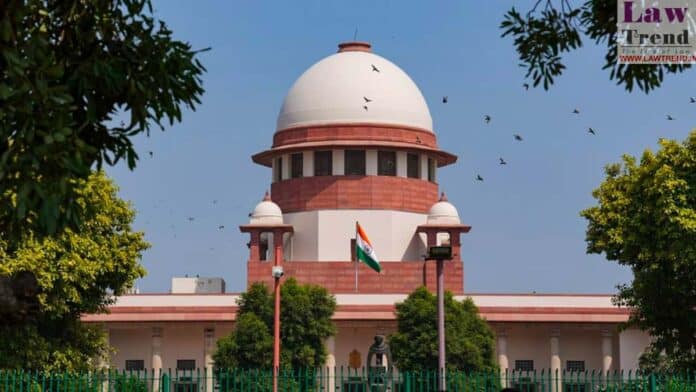In a notable judgment, the Supreme Court of India reiterated that there is no legal bar on quashing criminal proceedings even after a chargesheet has been filed, reinforcing the judiciary’s responsibility to prevent abuse of legal processes. The ruling came in the case of Kailashben Mahendrabhai Patel & Ors. vs. State of Maharashtra & Anr.
To Read More Please Subscribe to VIP Membership for Unlimited Access to All the Articles, Download Available Copies of Judgments/Order, Acess to Central/State Bare Acts, Advertisement Free Content, Access to More than 4000 Legal Drafts( Readymade Editable Formats of Suits, Petitions, Writs, Legal Notices, Divorce Petitions, 138 Notices, Bail Applications etc.) in Hindi and English.




